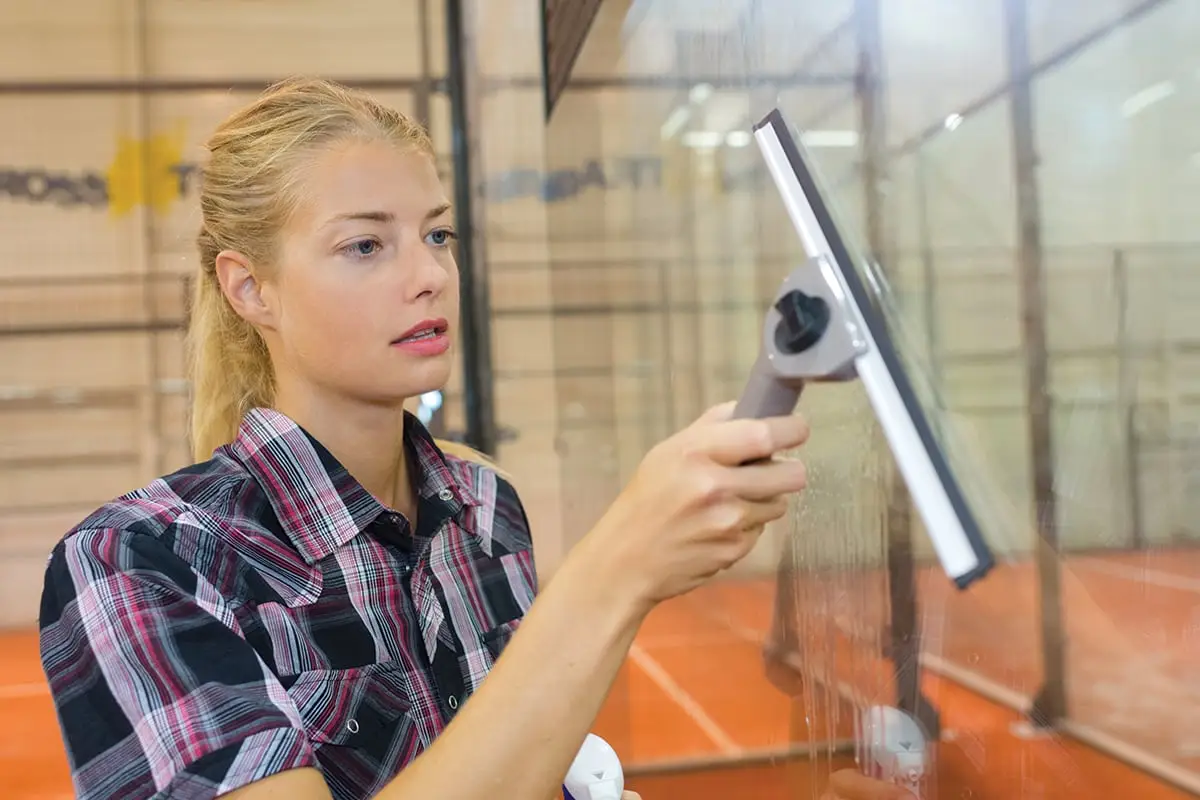This article was originally published in the July issue of Sports Destinations Magazine.
Written by Kevin MacCauley, CEO + Founder Upper Hand
Remediating your Risk
The novel COVID-19 virus has now infiltrated our communities on a global scale, leading to hundreds of cancellations, postponements and overall uncertainty surrounding the future of the sports and entertainment industry. With the Centers for Disease Control and Prevention (CDC) issuing a general pause on mass gatherings (and states anxious to get back to business), business leaders and sports organizations everywhere are forced to quickly adapt in order to sustain operations in that much hated term, “the new normal”.
As we continue to navigate through this unknown territory, it’s incredibly important to remain connected and engaged with the sporting community now more than ever. Without a community right now, your venue will be empty in the future. Therefore, your venue should maintain a steady line of communication that not only entertains and stimulates sports fans, but also instills a sense of safety for future attendance. In fact, a recent poll shows that 72 percent of American said they would not feel safe attending games without a vaccine.
While the world scrambles to find solutions and formulate a vaccine, sports venues can prepare themselves by finding alternative roads for revenue outside their traditional events, as well as ways to integrate new regulations to ensure health and safety throughout the venue. We can’t know how long closures and/or social distancing will last, or if the virus will rebound, so it is essential to take the steps we can.
Strengthen your Social Presence
With venues of all sizes under threat due to the impact of coronavirus, social platforms are an excellent way to strengthen their engagement and online community in order to survive through the pandemic. First and foremost, venues can push out consumable social media content like workouts from local professional athletes, instant replays, Q&As and much more.
Additionally, many platforms are introducing new features specifically to help businesses leverage various media for their audiences. For example, creating quality video content is not always easy or attainable, particularly for small venues who might lack the skills or budget to do so. That’s why YouTube launched its Video Builder Tool, which allows businesses to create video content for free.
With social media at the forefront of today’s communication, sports venues absolutely must leverage the various platforms to stay connected. It also serves as an excellent way to safely reach athletes and event owners, and to educate audiences on both venue-specific and general-related health and safety tips to stop the spread of the infectious virus.
Explore New Technology and Design for a Less Risky Environment
In a world increasingly influenced by technology, it’s imperative for sports venues to begin researching and implementing the tools needed to protect their audience. Designers, team owners, venue operators and athletic directors should be discussing touch points within their facilities — looking into how public restrooms and food and beverage services are designed and finding ways to renovate them in order to reduce the significant amount of human contact.
The current crisis has also stirred conversations and speculation surrounding the impact spectators have on the outcome of a game. Therefore in the unfortunate event that we experience a similar crisis like this in the future, as Design Principal Bill Johnson of HOK Sports + Recreation + Entertainment suggests, “Sports venues must look into integrating new technologies to simulate crowd noise within venues for athletes and to enhance the virtual experiences of viewers.”
Additionally, venues may follow the lead of British sporting events, who recently announced details of a “sports health passport” app that is designed to kickstart attendances at British sporting events in the coming months. The app would confirm and validate whether the user has tested positive or negative for COVID-19 or has the antibody present.
Ensure Future Health and Safety
The most important focus for sports venues moving forward will be to re-strategize how they prevent the spread of infectious diseases in the venue to keep similar practices for peak flu season and more. Sanitation will take on an entirely new and improved role in daily operations. In the Performance Research study, 66 percent of respondents said they will be more concerned with the cleanliness and sanitation of public venues, meaning a lackadaisical approach to the cleaning and disinfecting process can be absolutely detrimental to the success of any venue.
Outside of internal strategies, teams and processes, sports venues can help instill a level of calm surrounding this concern by communicating their efforts to sanitize and disinfect on an ongoing basis. Sending informational e-mails detailing the new protocols, cleaning formulas and protective equipment will prove to be very effective. To take it a step further, discourage physical contact like high fives and fist bumps and establish more sanitizing stations with wipes, towels and more to protect fans.
The coronavirus has put an unprecedented strain on sports venues, many experiencing a complete overhaul to their spring and summer schedule. It’s essential for owners and management to take this time to explore ways they can prepare for cancellations and closures in the future, while exploring new revenue streams and ways to virtually connect with sports fans everywhere.



